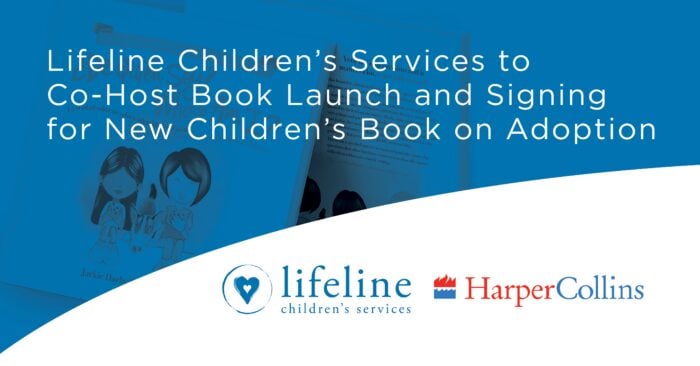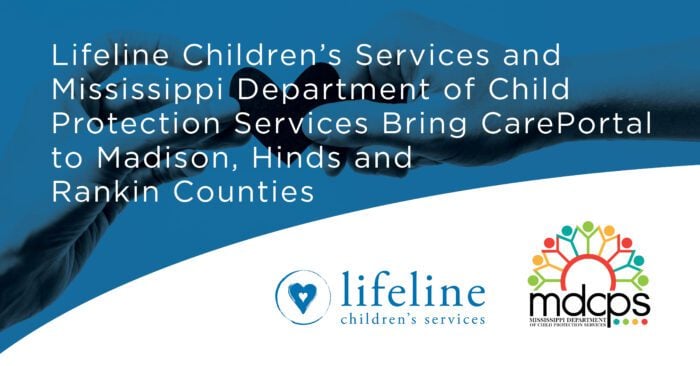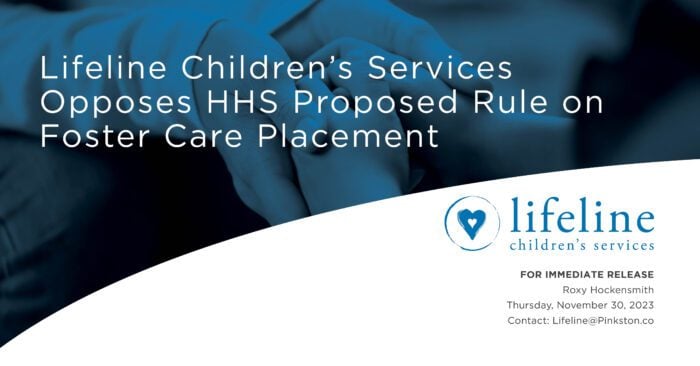WHY NUTRITION MATTERS:
A healthy diet is an important factor for everyone. When we eat properly, we give our bodies the nutrients it needs to feel our best. For a child coming from trauma, proper nutrition proves to be even more significant. A child who comes into your care through adoption or foster care is often coming from a hard beginning. While history varies from child-to-child, your child may have faced any of the following: poor maternal prenatal, and perinatal health care, premature birth, Fetal Alcohol Syndrome, improper formula, inadequate diet, lack of fortified foods, intestinal parasites, and/or chronic stress. Poor diet and nutrition impact the brain’s chemistry and the neurotransmitters that regulate mood and behavior.
While you cannot change your child’s history, you can model healthy eating habits and you do have the ability to set your child on a different path. In the midst of the adjustment of bringing your child home, nutrition may seem trivial. While at times you may feel overwhelmed with your child’s needs, proper nutrition can serve as a foundation for improvement. When a child is able to have his or her basic physiological needs met (i.e. food), he or she will be more capable of growing in their psychological needs, such as relationship, intimacy and trust.
CATCH UP GROWTH:
Many post-placement children experience a period of time marked with acceleration of growth, or “catch-up growth.” In a sense, after being placed in your home, your child’s body is making up for the time that his or her growth was inhibited. As your child grows at an accelerated pace physically and developmentally, the demands for nutrients are higher than normal. As a result, nutrient deficiencies not present at the time of your child’s placement may develop during catch-up growth. With this in mind, providing for your child nutritionally is crucial.
HOW TO RESPOND TO COMMON DEFICIENCIES:
It is known that providing your child with enough food is vital to his or her health and development. Yet, science points to the fact that a healthy diet is not merely based on the consumption of a specified amount of calories. Research has shown the compelling benefits of specific vitamins and minerals. Post-placement children often are deficient in specific vitamins and minerals and adding them back into their diet can spur great improvement.
Vitamin D: With its direct connection to calcium absorption, Vitamin D is essential for bone health. Due to a possible history of inadequate breastmilk/formula or a lack of sun exposure in orphanages, Vitamin D deficiency is prevalent among children. Prolonged vitamin D deficiency can lead to rickets, a condition that causes the softening and weakening of bones in children. More moderate deficiency can result in bone pain/tenderness, increased bone fractures, a weakened immune system, and/or depression.
Food Sources: egg yolks, salmon, cow’s milk, butter, canned tuna, and fortified cereals.
Iron: Iron is an essential mineral necessary for normative infant and child development. Children in foster care or who have been adopted are at a high risk for iron- deficiency due to the possible history of poor maternal prenatal care, premature birth, not having access to iron-fortified foods and/or the lack of an iron-rich diet. While the level and type of iron-deficiency varies and can present with or without anemia, an iron deficiency at any level can directly impact your child. Sufficient Iron intake is vital for brain development and growth. Studies show that children with iron deficiency score lower on cognitive tests and have a slower processing speed. A deficiency of iron can also result in reduced appetite, fatigue, and behavioral problems.
Food Sources: red meat, turkey, spinach, pumpkin seeds, shellfish, and dark chocolate. For increased absorption, pair with foods high in Vitamin C.
Zinc: Zinc is crucial for a variety of functions in the body. A zinc deficiency can have a variety of implications on a child, including behavioral problems, intestinal issues, stunted growth, and poor wound healing. A key nutrient for growth and development, zinc is especially critical during childhood and catch-up growth. Studies have shown that zinc deficiency is especially common among minority children from a low socioeconomic background. A history of intestinal parasites is also an added risk factor for a zinc deficiency.
Food Sources: meat, eggs, seafood, legumes, nuts, whole grains, and fortified cereals.
Choline: Choline is known for its important role in brain and nervous system functions, choline is another key nutrient for children. While choline is essential for all children, children suffering from fetal alcohol spectrum disorder may particularly benefit from choline. There are promising studies that link choline to the reduction of the severity of symptoms associated with FASD, such as improved memory functioning.
Food Sources: eggs, liver, cod, salmon, pinto beans, navy beans, chick peas, split peas, and soymilk.
Unsaturated fats: In addition to the above vitamins and minerals, research has shown that the reduction of trans fats and the addition of unsaturated fats such as omega-3 fatty acids can reduce symptoms of anxiety and ADHD.
Food Sources: flax seed oil, fish oil capsules, raw walnuts, and raw almonds.
References:
Hearst, M.O. et al. (2014). ‘Growth, Nutritional, and Developmental Status of Young Children Living in Orphanages in Kazakhstan’, Infant Mental Health Journal, 35(2), p. 94.
Helton, J., Schreiber, J., & Fiese, B. (2017). Foster Parents’ Nutritional Strategies and Children’s Well-Being. Child & Adolescent Social Work Journal, 34(2), 159-169.
Purvis, K. B., Cross, D. R. & Sunshine, W. L. (2007). The Connected Child: Bringing Hope and Healing to Your Adoptive Family. New York: McGraw-Hill.
SPOON Foundation Adoption Nutrition, (n.d.). Retrieved from http://adoptionnutrition.org.
Tooley, U.A., Makhoul, Z., & Fisher, P.A. (2016). Nutritional status of foster children in the U.S.: Implications for cognitive and behavioral development, Child and Youth Services Review, 70, 369-374.
Conclusion:
Due to its complex nature, nutrition is not something meant for parents to walk through alone. Your child will benefit even more with the help of friends, family, your support team, and trained professionals. While this research has scratched the surface on generalized ways to improve your child’s nutrition, it is essential to remember that each child is unique. Parents should not hesitate to reach out to trained health care professionals, such as a pediatrician or nutritionist.
As you work with your pediatrician and nutritionist to implement a healthy diet remember that Karyn Purvis recommends that children from hard places receive a good protein snack and good hydration every two hours. Incorporating this into your child’s daily schedule will assure that your child’s blood sugar level remains steady without unexpected spikes and lows. This will minimize tantrums and mood swings. Also, remember that your child may not be familiar with some of the healthy foods you are introducing into their diet. We never want food to become a control issue so introduce good healthy foods slowly.
Finally, what your child needs even more than a healthy, balanced diet is to be shown Christ. As a parent, you have been given the opportunity to model Paul’s call to “glorify God in our bodies” to your child. Tending to your child’s specific nutritional needs not only can serve as a foundation of improvement for your child, but portrays the message that you care about them. When we portray to children that we view their bodies as important, we mirror Christ who chose our bodies to house the living God.
Developed by: Trina Leary, B.S. HDFS




